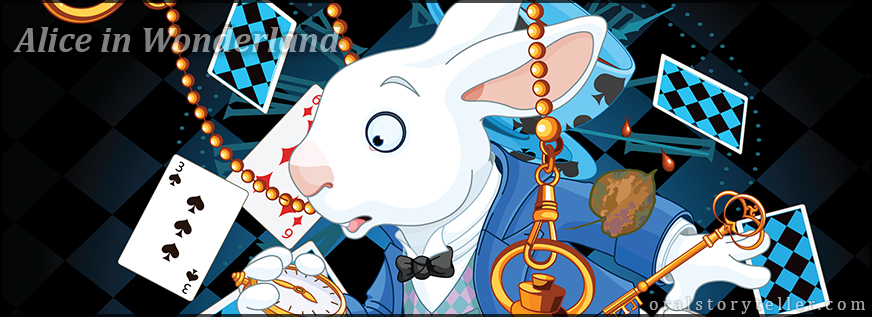Chapter 3: A Caucus-Race and a Long Tale
“I thought you did,” said the Mouse. “I proceed. ‘Edwin and Morcar, the earls of Mercia and Northumbria, declared for him; and even Stigand, the patriotic archbishop of Canterbury, found it advisable—’”
“Found what?” said the Duck.
“Found it,” the Mouse replied rather crossly: “of course you know what ‘it’ means.”
“I know what ‘it’ means well enough, when I find a thing,” said the Duck: “it’s generally a frog, or a worm. The question is, what did the archbishop find?”
The Mouse did not notice this question, but hurriedly went on, “‘—found it advisable to go with Edgar Atheling to meet William and offer him the crown. William's conduct at first was moderate. But the insolence of his Normans——’ How are you getting on now, my dear?” it continued, turning to Alice as it spoke.
“As wet as ever,” said Alice in a melancholy tone: “it doesn’t seem to dry me at all.”
“In that case,” said the Dodo solemnly, rising to its feet, “I move that the meeting adjourn, for the immediate adoption of more energetic remedies—”
“Speak English!” said the Eaglet. “I don't know the meaning of half those long words, and, what’s more, I don’t believe you do either!” And the Eaglet bent down its head to hide a smile: some of the other birds tittered audibly.
“What I was going to say,” said the Dodo in an offended tone, “was, that the best thing to get us dry would be a Caucusrace.”
“What is a Caucus-race?” said Alice; not that she much wanted to know, but the Dodo had paused as if it thought that somebody ought to speak, and no one else seemed inclined to say anything.
“Why,” said the Dodo, “the best way to explain it is to do it.” (And, as you might like to try the thing yourself, some winterday, I will tell you how the Dodo managed it.)
